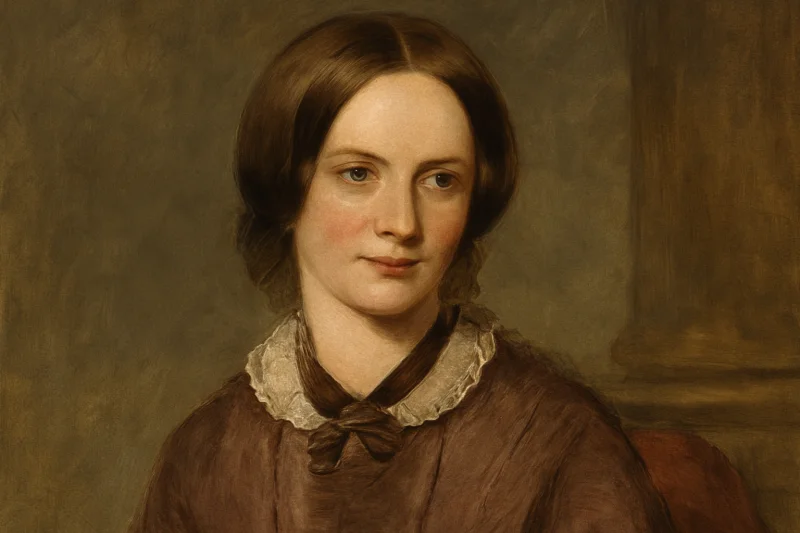Short Summary
Jean-Jacques Rousseau was a prominent philosopher, writer, and composer of the 18th century. He is best known for his influential works on political philosophy, education, and the social contract, which have had a lasting impact on modern political and educational thought. Rousseau's ideas about the inherent goodness of man and the corrupting influence of society challenged the prevailing norms of his time and inspired revolutionary movements such as the French Revolution.
Early Life & Education
Jean-Jacques Rousseau was born on June 28, 1712, in Geneva, Switzerland, to a modest family. His mother died shortly after his birth, and his father, a watchmaker, was an ardent reader who introduced him to literature. At the age of ten, Rousseau's father abandoned him, leaving him to be raised by relatives. His formal education was limited, but he was largely self-taught, with a keen interest in philosophy and music. At sixteen, he left Geneva and wandered through Europe, gaining diverse experiences that shaped his future philosophical outlook.
Career Highlights
Rousseau's career took off in 1749 when he won an essay contest organized by the Academy of Dijon with his renowned "Discourse on the Arts and Sciences," which posited that the progression of the arts and sciences had led to the corruption of virtue and morality. This work established him as a prominent thinker. His major works include "The Social Contract," where he outlined his vision of a government based on the general will of the people, and "Emile, or On Education," which presented revolutionary ideas about child education. Rousseau's works influenced the Enlightenment and the French Revolution, cementing his legacy as a pivotal figure in Western thought.
Major Achievements
- Published "The Social Contract," a foundational text in political philosophy advocating for a government that represents the general will.
- Authored "Emile, or On Education," which introduced progressive ideas on education and child development.
- Won the essay contest with "Discourse on the Arts and Sciences," gaining him recognition as a leading philosopher.
- Influenced revolutionary movements, including the French Revolution, through his radical ideas on freedom and equality.
Famous Quotes
- "Man is born free, and everywhere he is in chains."
- "The world of reality has its limits; the world of imagination is boundless."
Interesting Facts
- Rousseau was largely self-taught, having had little formal education.
- He had a tumultuous personal life, fathering five children whom he gave up to a foundling hospital.
- His ideas on education emphasized the importance of nurturing a child's natural instincts.
- Rousseau's writings were banned in France and Geneva, leading to his exile from these places.
- Besides philosophy, he was also a composer and contributed to music theory.
Legacy / Influence
Rousseau's influence extends across various disciplines, including political theory, education, and literature. His ideas on the social contract and the general will underpin modern democratic thought. His educational theories promoted the concept of learning through experience and have influenced modern educational practices. Rousseau's works continue to inspire discussions on freedom, equality, and the role of government, solidifying his status as a towering figure in the Enlightenment.
FAQ
Q: Why is Jean-Jacques Rousseau famous?
A: He is famous for his influential works on political philosophy, particularly "The Social Contract," and his ideas on education in "Emile." His thoughts greatly influenced the Enlightenment and revolutionary movements.
Q: What did Rousseau believe about human nature?
A: Rousseau believed that humans are inherently good, and society corrupts this natural goodness.
Q: What is "The Social Contract" about?
A: "The Social Contract" is about the principles of political rights and the idea that legitimate government authority rests on the consent of the governed.










